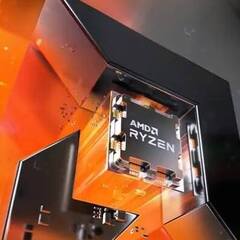-
Topics
-
Bigchungusbutbigger ·
Posted in CPUs, Motherboards, and Memory2 -
Carroma ·
Posted in New Builds and Planning5 -
kasdashd ·
Posted in Folding@home, Boinc, and Coin Mining3 -
0
-
7
-
K2924 ·
Posted in General Discussion1 -
7
-
2
-
hanouzz ·
Posted in Console Gaming3 -
6
-
-
play_circle_filled

Latest From Linus Tech Tips:
Every Monitor Fails This Test… Except One - Sun Vision rE rLCD Display
-
play_circle_filled

Latest From ShortCircuit:
The World's Fastest CPU (Technically...) - Intel i9-14900KS
















Create an account or sign in to comment
You need to be a member in order to leave a comment
Create an account
Sign up for a new account in our community. It's easy!
Register a new accountSign in
Already have an account? Sign in here.
Sign In Now